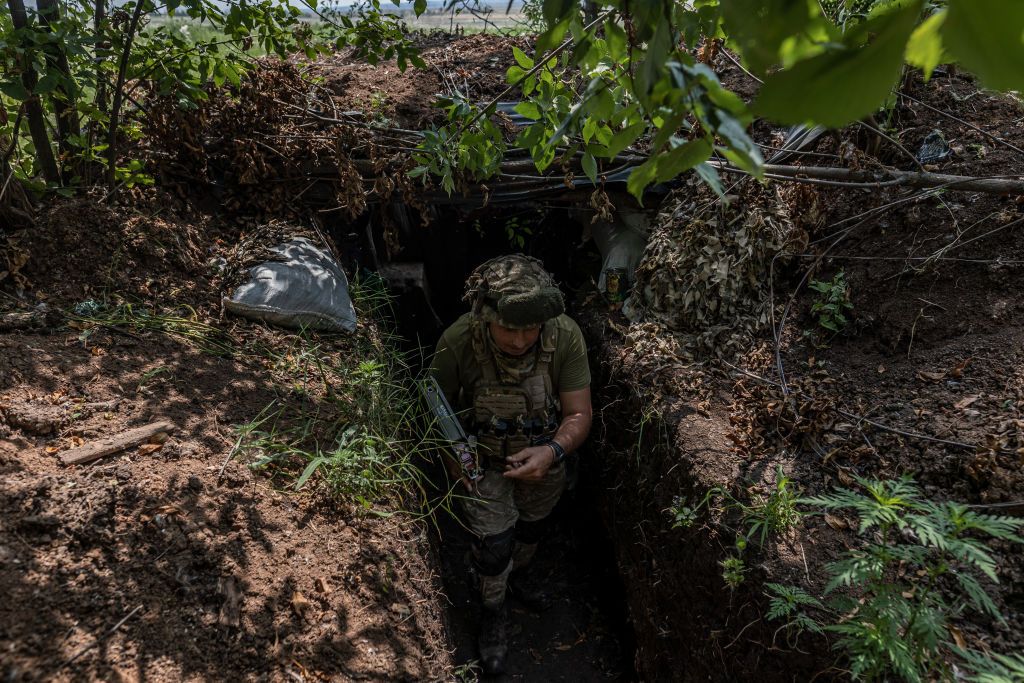Death toll of July 23 attack on Odesa rises to 2

Odesa City Council said on July 27 that the body of a woman was found under the rubble of a building on Parkova street, bringing the death toll of the Russian attack to two.
Russian forces bombarded Odesa's historic center with 19 missiles during the night of July 23 in one of the most damaging attacks on the city since the start of the full-scale invasion.
As well as injuring at least 22 people, Deputy Head of the President's Office Oleksiy Kuleba reported that more 44 buildings were damaged, including 25 historic buildings, among them the historic Transfiguration Cathedral.
The Russian Defense Ministry claimed that it targeted "facilities where terrorist acts against Russia were being prepared," Russian media reported on July 23.
In a statement released on July 23, the United Nations Educational, Scientific and Cultural Organization (UNESCO) highlighted that the intentional destruction of cultural sites may amount to a war crime, "as acknowledged also by the United Nations Security Council - of which the Russian Federation is a permanent member."
The attacks came after Moscow announced that it would not extend the Black Sea grain deal on July 17. Since July 18, Odesa and other ports along the coast of the Black Sea have been repeatedly attacked by Russia.
The U.K. Defense Ministry has said that its intelligence points to the Kremlin considering itself "less politically constrained" to strike Odesa and the surrounding region after the collapse of the deal.














